How to defrost a turkey – when to start and why you should ALWAYS defrost in the fridge
If you are cooking your turkey from frozen this year, this is a must read

Christmas may be a bit unusual this year, but there's one thing you can look forward to. The moment you tuck into a moist, delicious turkey, oven roasted to perfection, and served with all the trimmings. However, in order to avoid a side of food poisoning, it's important to prepare your frozen bird safely. That's where our guide to how to defrost a turkey comes in.
‘Food poisoning risk rises over Christmas because people cook food that they don’t usually – and for larger numbers,’ says nutritionist Rob Hobson, who cites the Christmas turkey as a prime cause. If a turkey is still partially frozen when it's roasted, it may not cook evenly, and harmful bacteria could survive the cooking process.
Get every element of the big day just right with our Christmas ideas
Rob's concern is backed up by the stats – poultry will account for four out of five cases of food poisoning this Christmas, according to hygiene and public health expert Dr Lisa Ackerley, AKA The Hygiene Doctor. She explains that not cooking turkey properly can lead to the build up of Campylobacter, a bacterium linked to 280,000 cases of food poisoning every year.
So don't take any risks, and follow our steps to thawing your turkey safely.
How to defrost a turkey
1. How long does it take to defrost a turkey?

Take care to allow adequate time to defrost your turkey. The largest ones can take a couple of days, so it's worth checking a few days beforehand to make sure you have the time to spare. No one wants to lift their turkey out of the freezer on Christmas Eve, only to find its's not going to be ready to cook until Boxing Day.
The defrost time should be on the turkey's packaging. However, the turkey experts at Butterball recommend you allow 'at least 1 day of thawing for every 4 lbs of turkey'. That works out to be 12 hours per kilogram for a turkey in a fridge set at 4 degrees C.
2. Can you leave a turkey out to thaw overnight?
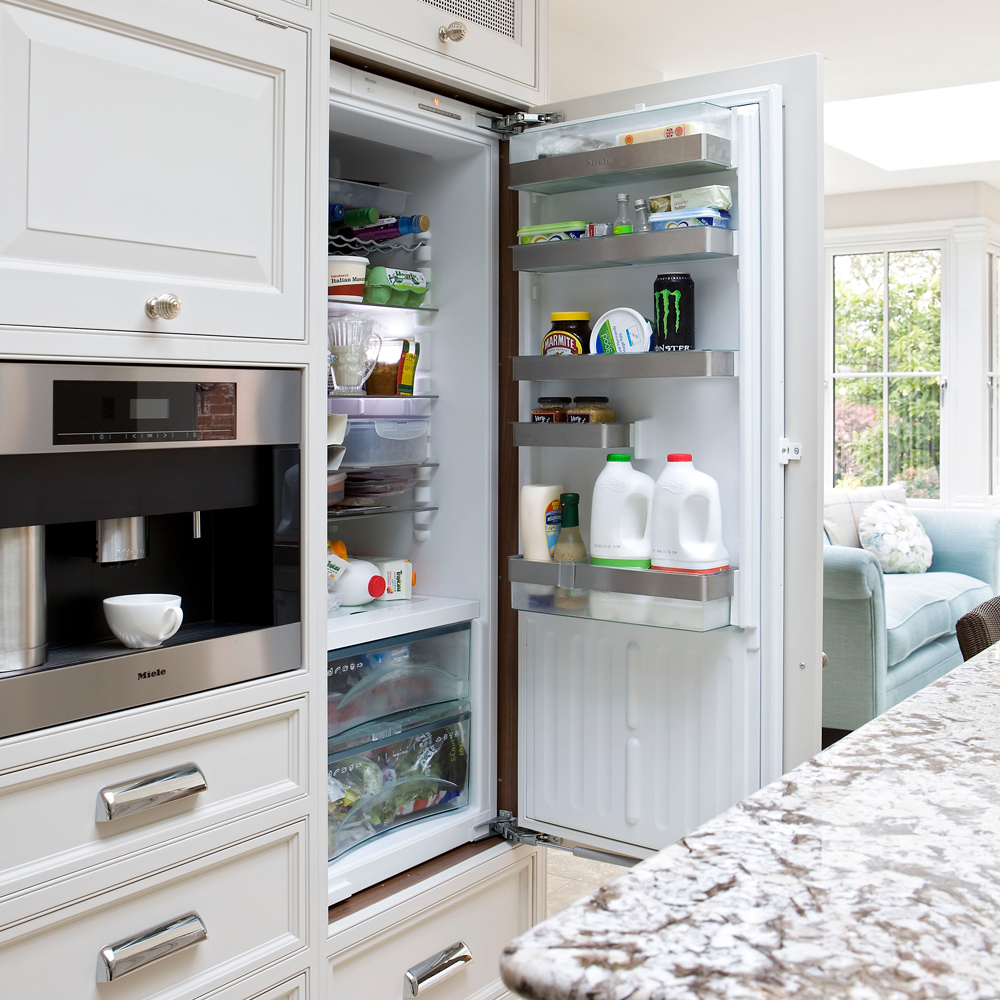
If you are looking to defrost meat, the best and safest way is to do this in the fridge overnight. This should help it completely thaw. This is backed up by the NHS, which advises, 'Defrost your turkey in the fridge, separate from other foods. Keep it in a dish or container large enough to catch any defrosted juices. This is important to stop bacteria from spreading.'
‘Always put raw meat at the bottom of the fridge so the juices, which may contain food-poisoning bacteria, can’t drip down, contaminating cooked food,’ adds Rob Hobson.
It's not a good idea to defrost your turkey or other Christmas dinner meat by leaving it at the room temperature. This can actually cause more bacteria to grow, particularly if you can't guarantee that the room will be at a stable temperature.
Related: How to clean a fridge freezer – sort your cool box ready for your turkey
3. How do I prep my turkey for defrosting?
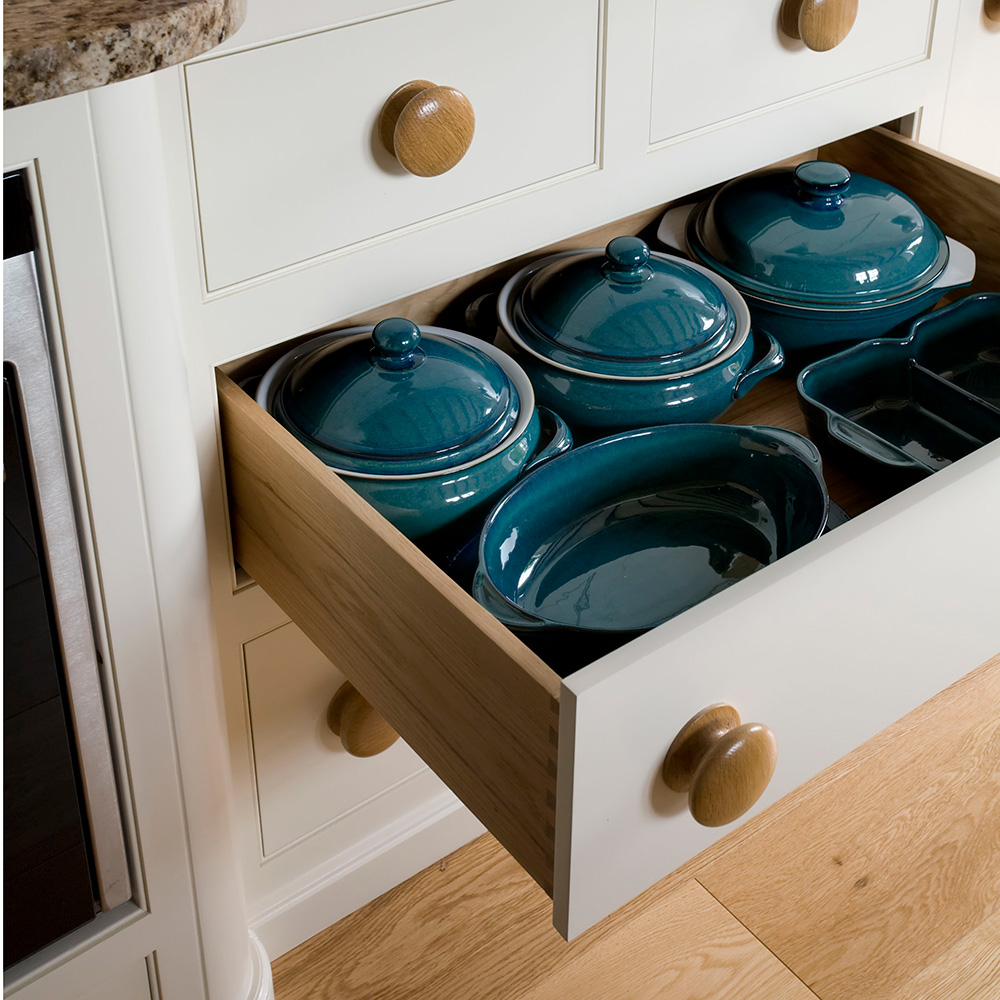
Pop your turkey in a dish or tray, deep enough that it will catch any water and juices as the turkey thaws out. Unwrap your turkey – unless the instructions on the packaging advise otherwise – but then cover it loosely with foil. Place the turkey breast side up for stability.
'Remove the giblets and neck as soon as possible to speed up the thawing process,' advises the NHS. 'Wash your hands thoroughly after handling any part of the raw turkey.'
Check on your turkey every few hours (but not so regularly that the fridge temperature could be compromised). Pour away any liquid that has filled the dish or tray – that way it won't overflow and cause bacteria to spread through the fridge.
4. Do I need to wash my turkey?
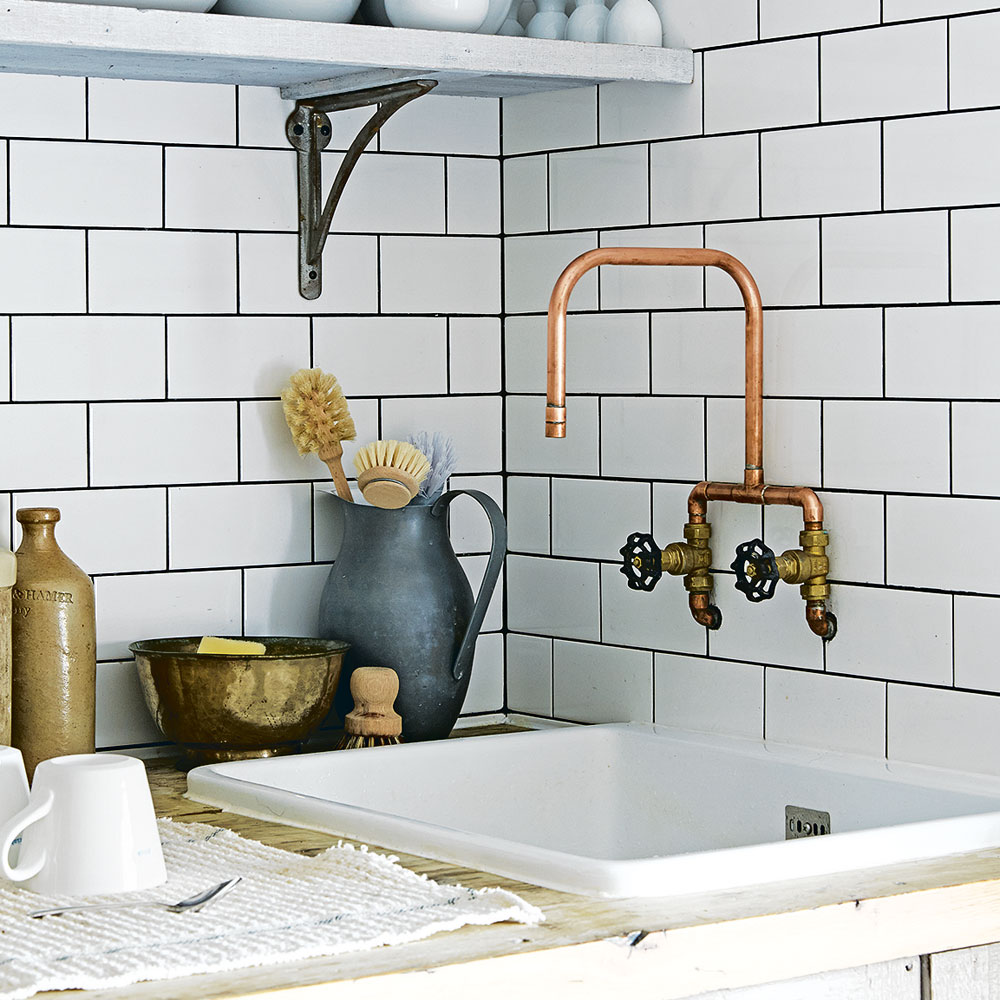
In a word, no. back in the day, chefs like Julia Child would recommend giving your bird a clean before you started defrosting or cooking it. But the reality is, this only spreads bacteria and is best avoided.
How do I know when my turkey is defrosted?
1. Look for ice crystals
There should be none in the main cavity of the bird, where the stuffing will go.
2. Try the fork test
Prod the thickest parts of the breast and legs with a fork to feel the resistance and ensure no part of the bird is still frozen.
Related: Christmas dinner hacks that are frankly genius
More tips for cooking and eating your turkey safely
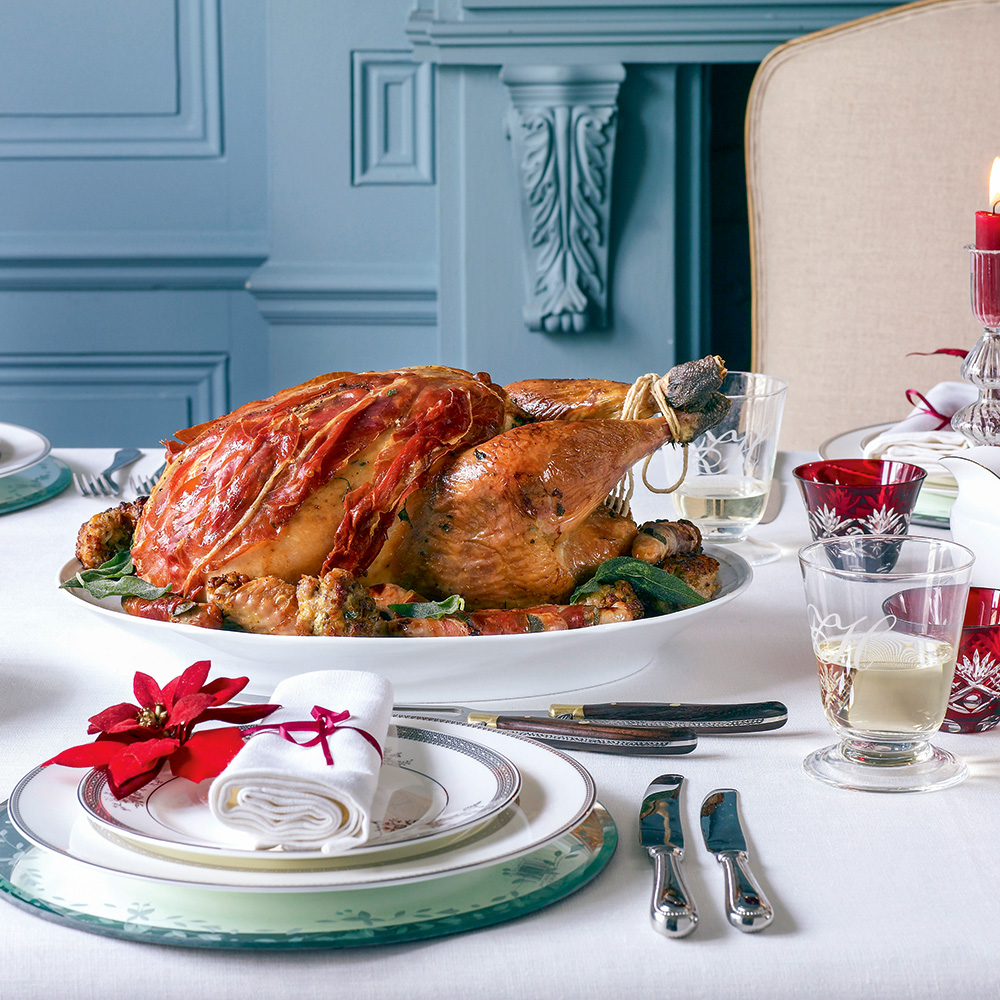
- If you want to check that your turkey is cooked properly, pay attention to the thigh, which is the last part of the bird to cook (as it's the thickest). You can use a meat thermometer – the temperature should reach above 75°C when you insert it into the turkey thigh. Or you can prick the thigh to release its juices. If they are clear, your turkey is ready. If they are still pink, pop it back in the oven.
- Once your turkey has been cooked completely, leave it to cool, then get any leftovers into the fridge within 90 minutes.
- The NHS advises that 'you throw away leftovers after two days unless you freeze them'. But if your food has changed texture or even colour, then it’s best to get rid. Despite 66% of Brits checking a meat’s safety by smelling it, the bacteria that causes food poisoning does not have a smell
Enjoy!
Get the Ideal Home Newsletter
Sign up to our newsletter for style and decor inspiration, house makeovers, project advice and more.

Amy Cutmore is an experienced interiors editor and writer, who has worked on titles including Ideal Home, Homes & Gardens, LivingEtc, Real Homes, GardeningEtc, Top Ten Reviews and Country Life. And she's a winner of the PPA's Digital Content Leader of the Year. A homes journalist for two decades, she has a strong background in technology and appliances, and has a small portfolio of rental properties, so can offer advice to renters and rentees, alike.
-
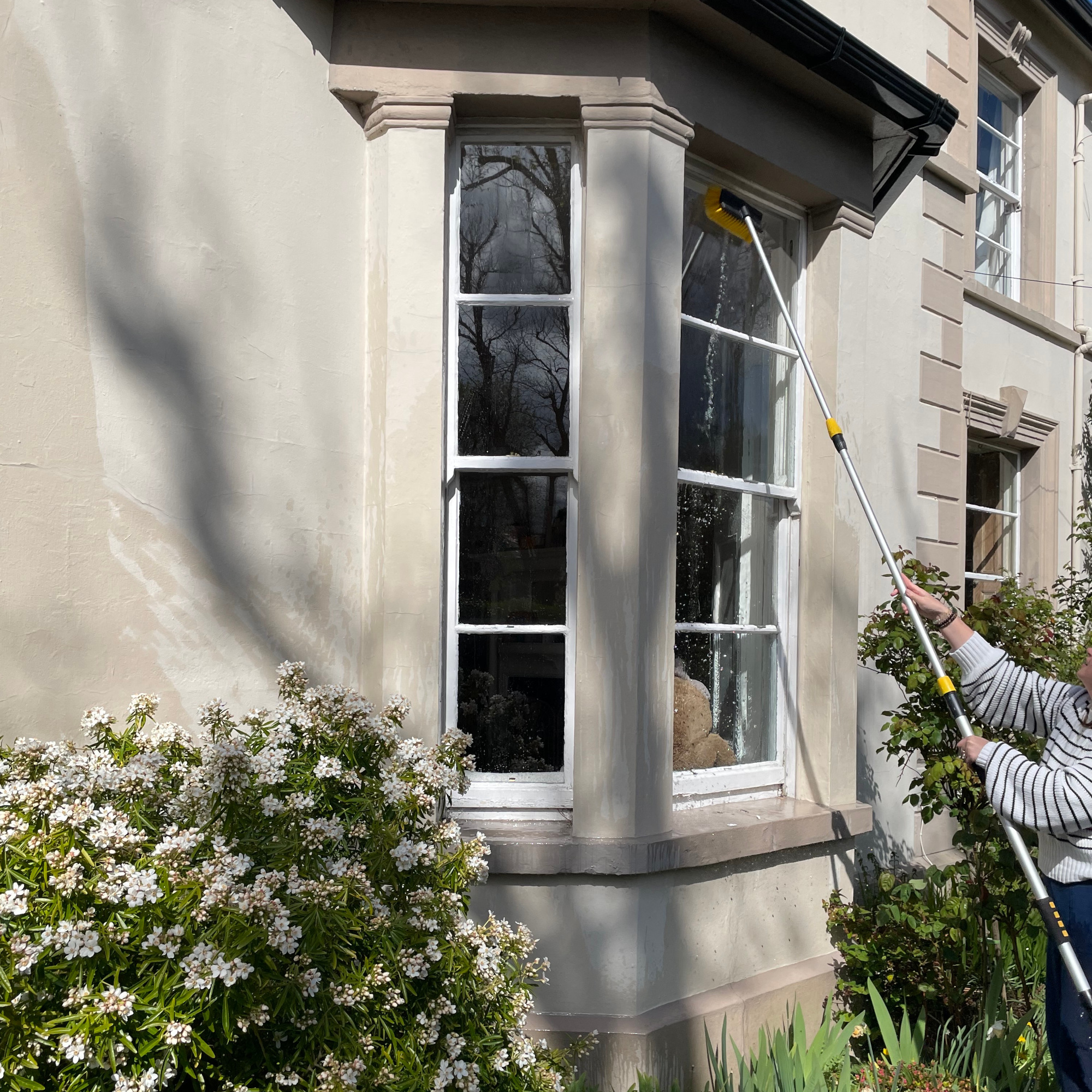 This £20 telescopic hose brush did such a good job cleaning my windows I sacked my window cleaner and saved £100
This £20 telescopic hose brush did such a good job cleaning my windows I sacked my window cleaner and saved £100It's a game-changer for sparkling glass
By Jenny McFarlane
-
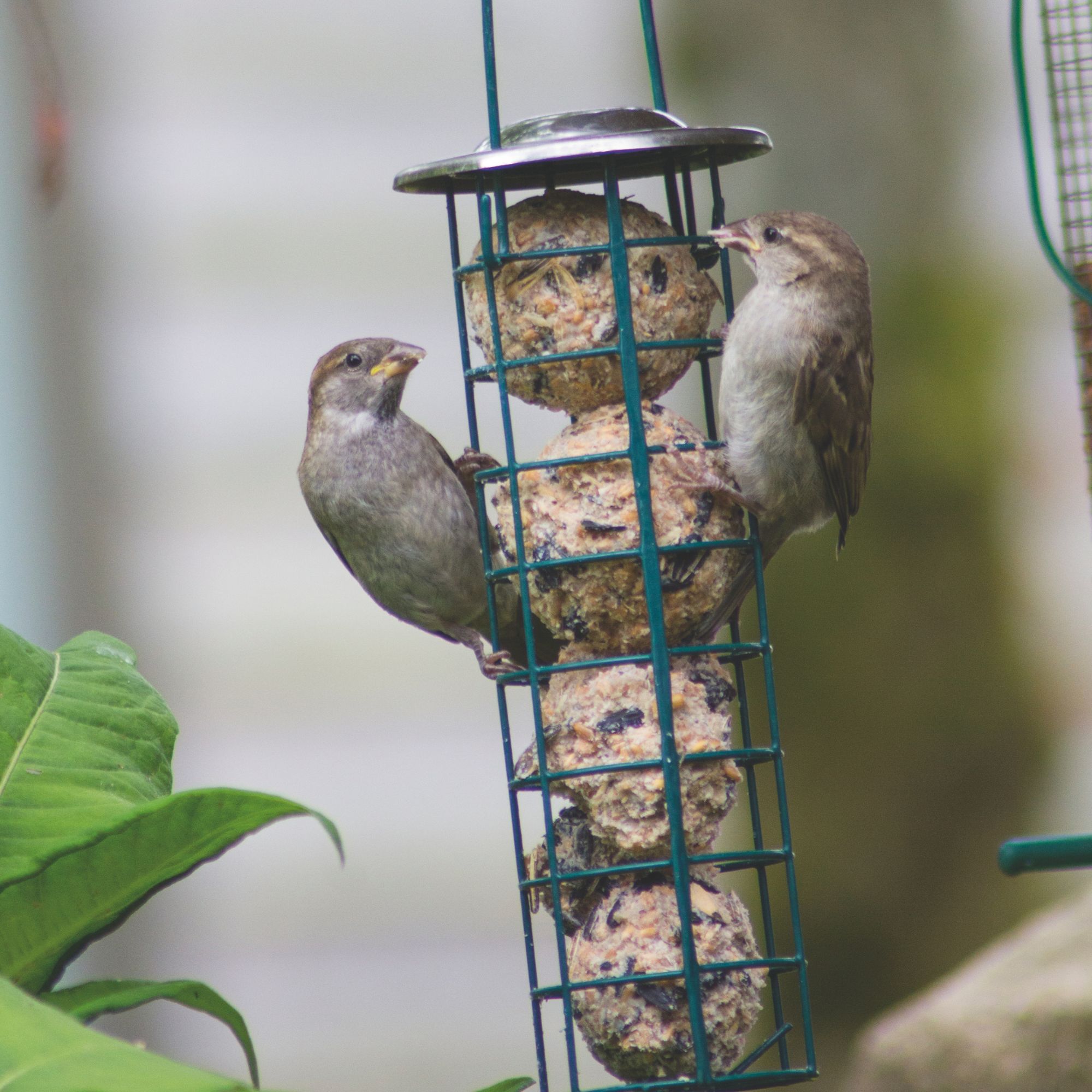 Pest experts reveal eucalyptus is the secret ingredient for keeping rats off your bird feeder - this is how to use it safely and effectively
Pest experts reveal eucalyptus is the secret ingredient for keeping rats off your bird feeder - this is how to use it safely and effectivelyIt's a great natural deterrent
By Kezia Reynolds
-
 Is a wet room worth it? I asked bathroom experts whether a wet room adds value or makes it difficult to sell
Is a wet room worth it? I asked bathroom experts whether a wet room adds value or makes it difficult to sellNot everyone sees a wet room as a positive so we asked the experts how to design a space that will add value and help your home sell fast
By Natasha Brinsmead